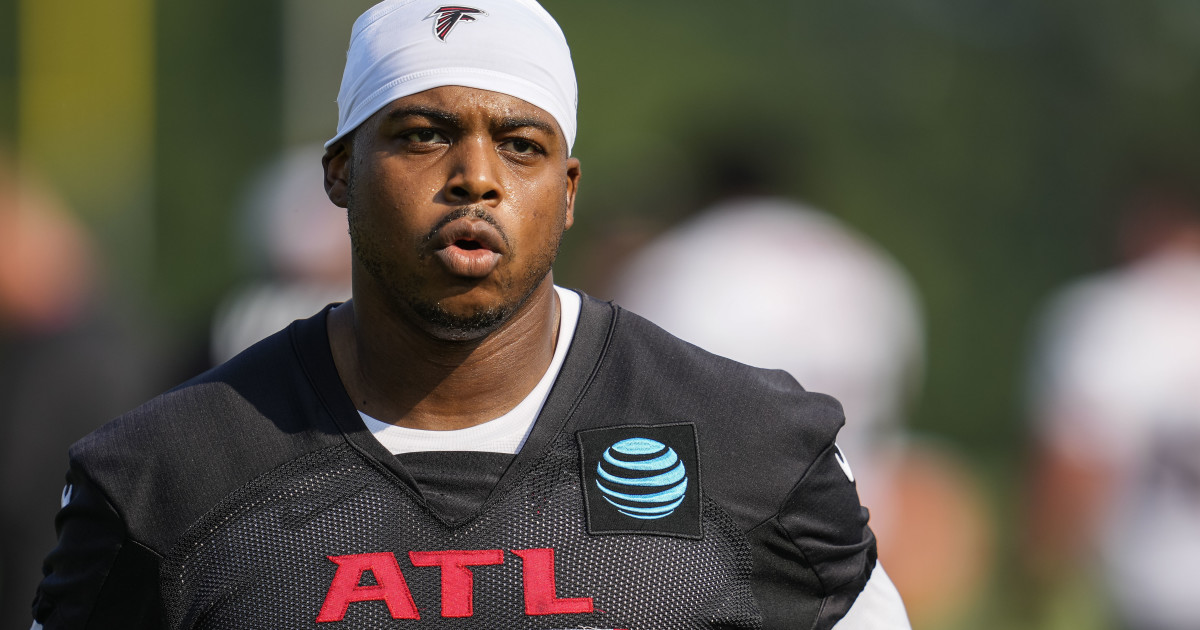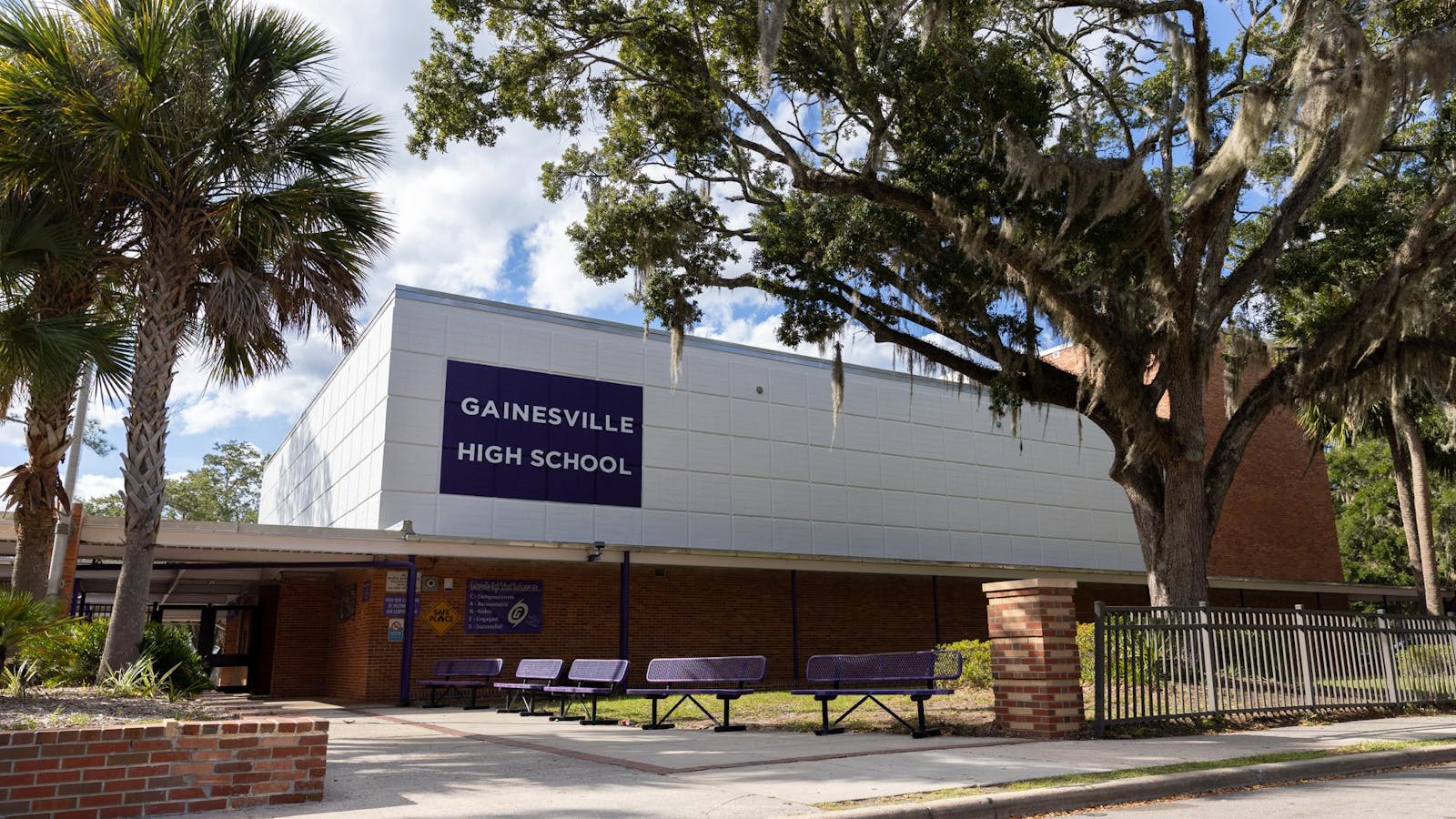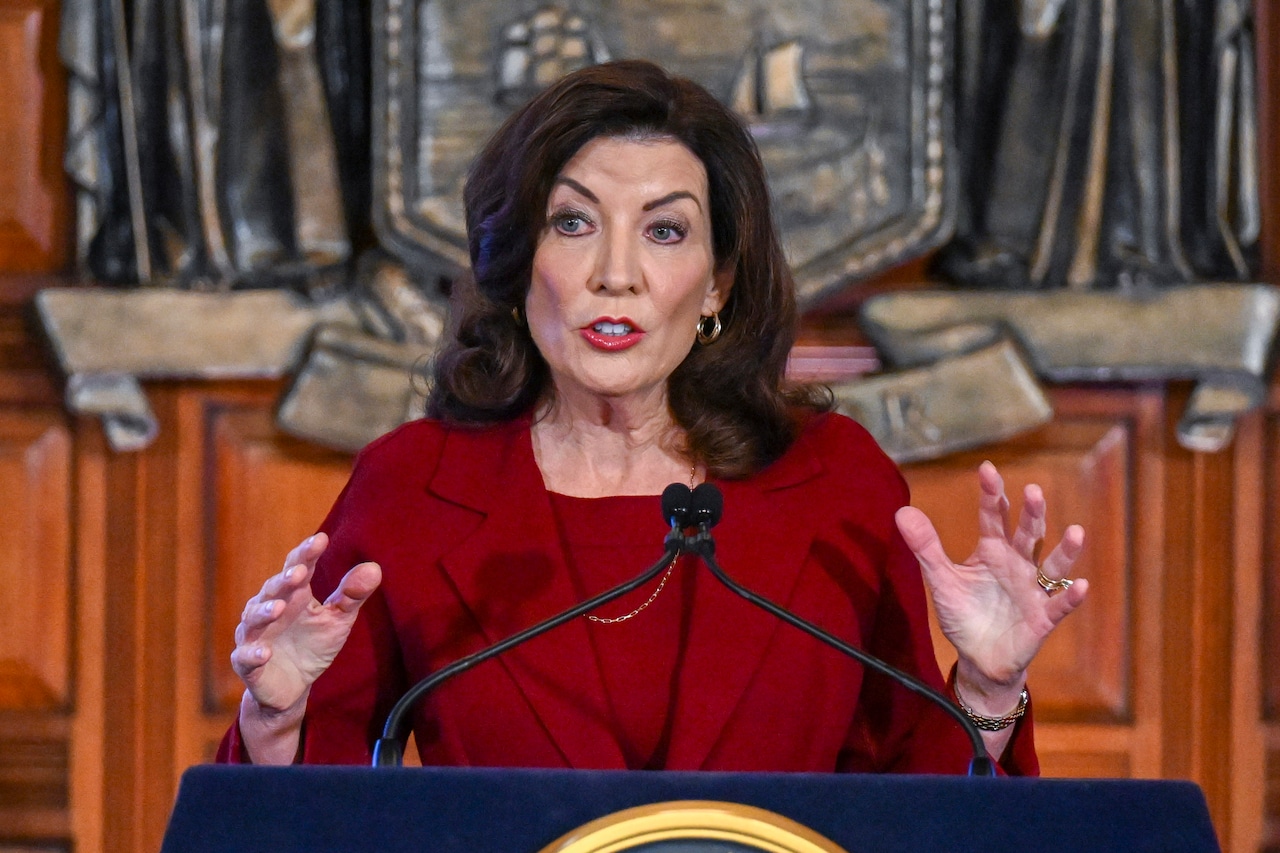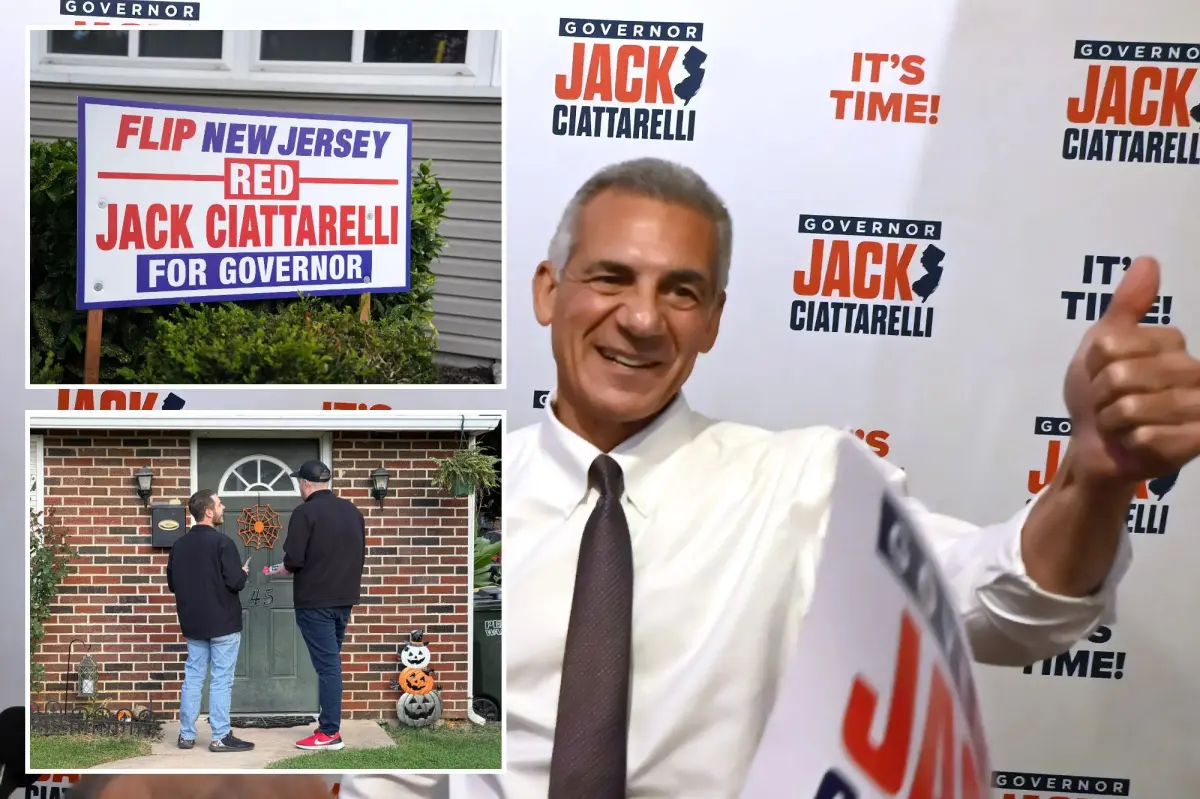Copyright Athlon Sports

Until 2021, college athletes were prohibited from profiting off their athletic activities. Now, some of them are millionaires. In the summer of that year, the NCAA instituted a new rule allowing student-athletes to make money off their name, image, and likeness (NIL). NIL refers to their personal brand, which entails sponsorships, social media promotions, selling merchandise, and more. Schools still can’t pay them outside of scholarships, but third-party groups named “NIL collectives” usually made up of fans and alumni are allowed to fund those opportunities. Today, the top NIL earners rake in over $4 million. University of Texas quarterback Arch Manning tops the list at $4.7 million, followed by Miami quarterback Carson Beck ($4.3 million) and Ohio State wide receiver Jeremiah Smith ($4.2 million), per On3. Times have changed since 2014, when Connecticut basketball guard Shabazz Napier said he went to bed “starving,” via CNN. NIL helps shield student-athletes from that struggle, but it’s also gotten them exploited, per SportsEpreneur. “In one case, a Texas apparel company proposed keeping at least 40% of the revenue from merchandise sales in a contract offered to college football players,” the outlet wrote. “The same contract included language that would lock in that percentage for all future deals, effectively turning the company into an agent charging exorbitant commissions.” Student-athletes aren’t trained business professionals who know how to decode a contract’s fine print, and finding a trustworthy representative to do so on their behalf is no easy task. That’s why Robinhood, a California-based financial services company, created its “Money Drills” program. “[Money Drills is] a first-of-its-kind, for-graduation-credit financial education program for athletes and students to develop the skills and confidence needed to manage their finances,” the company’s website reads. “Through these courses, we are creating opportunities for athletes, through classes offered to all students, to grow their money management skills and work towards.” The program has reached the following schools since its launch in 2022: ■ Arkansas State University ■ Berkeley, University of California ■ Butler University ■ Coastal Carolina University ■ Delaware, University of ■ Duke University ■ Florida State University ■ Howard University ■ Kansas State University ■ Memphis, University of ■ Penn State University ■ Texas Christian University ■ Stanford University ■ UNC Chapel Hill ■ West Virginia University Over 3,000 students have taken the program’s courses as of September, and the outreach keeps growing. Robinhood had its first-ever Financial Education for Student-Athletes Summit at its Washington, D.C. office on Wednesday, where company executives, congressional representatives, former athletes, and university deans discussed how to expand access to financial education. The event featured a moderated conversation with several panelists, including four-time Super Bowl champion Joe Montana. Additionally, three other ex-NFL players spoke to Athlon Sports about their involvement with the program, their thoughts on NIL, and more. The first was former Penn State and New England Patriots offensive lineman Todd Rucci, who appeared in Super Bowl XXXI and played professionally from 1993-2000. Furthermore, his older son Hayden plays tight end for the Miami Dolphins and his younger son Nolan is an offensive lineman for Penn State. After that was former University of Florida, Miami Dolphins, and Houston Texans linebacker Jelani Jenkins, who played professionally from 2013-2017, followed by fellow former linebacker Brandon Copeland, who played for the University of Pennsylvania and several NFL teams. The Baltimore native’s professional career spanned from 2013-2022. All three transcripts are below: Todd Rucci Q&A Josh Valdez: So just to start off, what interested you about this program? Todd Rucci: Well, I think as a former player and having two sons that are at the collegiate level and pro levels, this problem’s existed since I played and still exists today. Now with NIL and revenue share, the collegiate athletes are dealing with the same problems that existed in the NFL. So, you know, to have someone out there that will support, fix, and address [the issue]…It’s just exciting to change the culture and hopefully make a difference. Josh Valdez: How do you think NIL changed the college sports landscape? Todd Rucci: You know, it’s interesting. At the pro level, this is always the way it was, with how the money moved and influenced. But now that it’s at the collegiate level, the scary thing is these young men and women don’t have the wherewithal or the tools for access to support to make these big decisions…That’s why I think early education is quite important… We got to meet the athletes where they are, and we got to touch on it earlier. Now Robinhood is running this program…So I’m excited and I’ll do whatever I can to help. Josh Valdez: How have you helped the program so far? Todd Rucci: I’m helping Robinhood get involved with universities, identifying and making that introduction. Josh Valdez: Do you feel like you had the same level of resources or education about personal finances when you were a young player? Todd Rucci: No. I mean, I always thought it was crazy that as parents, we invest a quarter-million dollars to send our kids to school, to earn a wage…But we never make a mandatory course about what you do with that wage. What do we do with that money? Or at least the basics? Now with NIL, we have student-athletes that have access to money earlier, so it’s even more dangerous. But yet we still don’t mandate anything. So I think some forward-thinking folks at the university level and the private sectors are coming together to try and build something to support [them]…It’s just vital. It’s crucial, because we’re going to have some situations here with young athletes that are going to get in trouble with some bad mistakes, and not because they’re intentional, but just because they didn’t have the education or good people around them. I think starting [to help the student-athletes] now, while it’s relevant and people are talking about it, will help us make a difference. Josh Valdez: Do you think NIL is a positive thing overall, or does it need to be more controlled so that bad things don’t happen to college athletes? Todd Rucci: Yeah, I think overall it’s a positive thing. But in the same tone, it’s so new that I don’t know if it was necessarily rolled out the right way, with the right guardrails available or in a tactful manner. It was just kind of thrown out there, so I think we’re going to feel some pressure. There’s going to be some things that won’t go the right way. But I think as we’ve learned just like with anything, if we have the right intention to be able to be flexible and put safeguards in places and learn from our mistakes…At the end of the day, if we can all work together, I think in a few years we can be in a place where we have some guardrails in there that help these athletes out… Overall, I think it’s good. How we’ve rolled it out is not great, but I think we’re starting to understand that we need to pay attention. Josh Valdez: Lastly, what’s your advice for college athletes dealing with his new landscape? Todd Rucci: Surround yourself with good people and listen to them. That’s the biggest thing. Josh Valdez: Thank you so much. Todd Rucci: You got it. Jelani Jenkins Q&A Josh Valdez: So overall, how do you feel like NIL has changed the landscape since you were in college? Jelani Jenkins: Oh, man. Great question to start with. Yeah, NIL…Obviously, in so many ways. I mean, I’m somebody who really appreciates the ability for athletes to get paid. However, what it has created, because it’s still relatively new, is just a lot of gaps in how those athletes are protected. Overall, I’m happy with the adjustment in this new phase, this new era, but I also want to make sure that the resources are in place to make sure the athletes are protected. Because, you know, with everything new, new opportunity creates new sharks. Many of the athletes, because they’re so young and they don’t have a support system around them…A lot of the schools have varying degrees of support systems…It’s still kind of the Wild, Wild West. So that’s kind of what I think about when I first think about it. Josh Valdez: Do you feel like it’s been managed properly yet or is it still in the baby phase? Jelani Jenkins: In some areas I think it’s been managed properly. I went to the University of Florida, so I think they do a pretty good job. They have a collective that surrounds the athletes with support. But then there are other avenues that aren’t quite the same, so I think it just varies. Every school is different, every region is different, the rules are different in different places. I think some get it right, some don’t get it right. It just kind of depends. Josh Valdez: Do you feel like NIL is a good thing for kids who might not go pro? Jelani Jenkins: Yeah, I think one of the best things that the NIL era creates is this urgency to build your brand, which is something I wish I knew earlier on. Just the importance of telling my story, building some type of social presence. When I was playing, it wasn’t as big of a thing. Even if individuals aren’t making that level of money for whatever reason, they’re still learning the urgency and the importance of building their brand. Overall, I think that’s the the best part of this whole experience. You are getting some key skills on key priorities that are going to support you when you’re done playing. Josh Valdez: When you say “building your brand,” you mean an athlete doing an endorsement deal with Nike, for example? Or is there something else? Jelani Jenkins: Yeah, yeah. Those endorsements come as a result of of you telling your story, you know? Whether that is sharing your day-to-day life as a student athlete or just being up on the internet more expressing yourself. Like, that’s something that I didn’t feel the urgency to do when I was playing, because I didn’t really know where it was going to lead me. But now that there’s some money involved, it’s actually making individuals who are introverts and normally would not have done that want to tell their story. That skill set I think is what’s going to last over time, regardless of the level of money or the brand deals that they make when they’re playing. Josh Valdez: Have you mentored any athletes about this, or is this your first time getting into this space? Jelani Jenkins: I’ve mentored high school athletes that are getting ready to get into the space. I’ve spoke with collegiate athletes who are in the space, but it’s still new for me as well. It’s still new for a lot of people. Josh Valdez: Last thing, what’s your general advice for any young athlete discovering this space and trying to find their footing in this new landscape? Jelani Jenkins: Find someone that you trust, or find a team that you trust. I think just surrounding yourself with the right people. And that could be hard to do, but I think it’s just a matter of finding people that you trust. Whether it’s players who are in it, asking them who their team is supporting them in this phase of life…But what I would suggest they do is not try to go into it alone, not try to go rogue and reach out to some random person on the internet, or some random person on the internet reaching out to them, going into a deal and signing something. Surround yourself with people who you can trust who have either had the experience that you’re looking to get to, or that have been where you want to go. Josh Valdez: Thank you so much, appreciate your time. Jelani Jenkins: Appreciate you brother. Brandon Copeland Q&A Josh Valdez: So to start off, what interested you about this program and why do you want to get involved? Brandon Copeland: Yeah, so for me, financial education has always been extremely interesting. There’s been certain experiences in my life that made me think, “Huh, how come we don’t learn about this sooner?” One, I played ten years in the NFL, interned on Wall Street, I’ve interned at hedge funds. I’ve worked at Walmart, security, bouncing at the college bar, and I had to make it to the Baltimore Ravens to learn what a 401k was. I thought that was backwards. Who’s going to teach my mom about this? Who’s going to teach my brother about this? We got to make it to the Ravens to learn what this is? So one, that didn’t sit right with me. Two, I bought my first house in 2016, I was in Detroit with the Lions. My wife was in New Jersey at the closing table. They emailed me the closing package, and she said, “Hey, does everything look right before we sign off on this?” I scrolled through 105 pages of closing disclosures, and I’m like, “I got no idea. I got no idea.” So I’m about to sign 30 years of my life over, and I have no idea if this is right or if I’m being taken advantage. It just didn’t feel right. That encouraged me to go start a course at the University of Pennsylvania in 2019 called Life 101 Financial Education Course. How to buy a house, how to buy a car, all the things I feel like you should learn in school that we just don’t for some reason. And we’ve since then expanded it. We’ve got it in high schools, and we’ve been able to have a great partnership and relationship with Robinhood. As they continue to go around the country and launch these financial education courses, I’m able to go and kind of encourage the student body to be excited about it and get engaged with it and understand that it’s a digestible topic. It’s something that means a lot to me and frankly, it’s the one subject that we all will use, right? Some people will use and need to know the tangent of a 45-degree angle. I don’t, but my credit is going to matter to me regardless of who I am. Josh Valdez: Do you feel like this kind of program should have started at the beginning of NIL? Have you seen athletes get taken advantage of, or do you think they’re in an okay space so far? Brandon Copeland: Yeah, I think that athletes are being taken advantage at all levels, unfortunately, even before college. I think when people understand that you’re earning money, some of the same things that plagued us in the pro locker room are now just down in the college ranks as well, and there’s less protection around the college athlete now through the form of a players association that can help stop and block some of that nefarious behavior, whether it be agents with crazy fees or people pulling at the athletes. So yes, there are athletes being taken advantage of. There’s also athletes who are doing incredible things with the money and changing their lives forever, early, which is phenomenal too. I always get asked “Should the NFL be responsible for teaching all of its athletes about money?” And I don’t think they should be responsible. I think it’s great that they do, but I think that sometimes, just being blunt, sometimes we put the pressure on a business because it’s a big business to teach and educate its employees when that’s not its responsibility. The real responsibility should be on the high schools and the middle schools to teach all of us about our money because the margin for error nowadays, especially with AI layoffs and things of that nature, is slimmer. You don’t have the opportunity to make the same mistakes. [You can’t say] “I went seven years in the wrong direction financially, let me just pivot and get back on track.” The world is different and it’s evolving. I think we got to get to all students as early as possible, because we can’t expect the most critical subject of their lives to be learned in a quarter or a semester. And we also need to stop making the assumption that you will learn about this stuff at home if you parents never learned about it. Right? Then where will you ever get this information from? We teach it at Penn, and we’ve done a number of studies with our students. One of our assignments is to have the students ask their parents about certain estate plans, decisions, insurance, et cetera. And a lot of our students talked about how it was awkward, it was uncomfortable, and some of their parents walked away from that conversation even though they may be doctors or professors or whatever. Again, I don’t think we should, as a society, assume that people are getting these lessons at home. I think that programs like Robinhood’s Money Drills are good ways to influence the world to understand that this is a priority and should be a priority for everybody. Josh Valdez: You talked about how you didn’t know what a 401k was until you got to the Ravens. Do you feel like you learned enough while you were there to make sure you were good financially? Or did you have more trouble than you wanted? Brandon Copeland: Fortunately, God has been extremely great to me, and I’ve had my mishaps. I’ve been fired multiple times in the NFL. I’ve made mistakes financially, but I’m in a very, very good place now. My dream is to go teach a younger version of myself and frankly, everybody, as many people as possible, anybody who will listen, how they can be more confident financially. I’ll give an example. I did this workshop for a book publishing company. And in the second webinar of three, we were talking about retirement investing and we talked about 401ks. And 32 minutes in, I’ll remember for the rest of my life…32 minutes in a woman says “Hey, can you give me suggestions on where I should put my 401k? Because I’m looking at mine and it’s not doing anything.” I said “That’s interesting, that’s odd. What account do you currently have?” She said “JPMorgan Chase Money Market account.” I said “Oh, that’s the money market account. What you have to do take it from that money market account and transfer it into an actual investment.” And she said “Oh, my gosh, I’ve had my money sitting here for the last 15 years…Nothing.” That to me is a tragedy. If I can figure that out in 32 minutes on a webinar, not even face-to-face with somebody…We got to find ways to promote these conversations because now that woman’s life is changed forever. That may change when she can retire, how confidently she can retire, what she can afford for her children, and it was all for a simple conversation and her not knowing where to transfer. And you can’t blame her either, right? People don’t know to Google these things, because again, we’re missing this critical subject in middle school, high school, et cetera. Josh Valdez: Do you feel like you’ve already changed young athletes’ lives with these kind of conversations? Brandon Copeland: Absolutely. That’s one thing that keeps me coming back, honestly. There’s certain “aha” moments with my students and with certain athletes who text me. I got athletes calling me on my way here. That’s one thing I can say without a doubt is we literally changed people’s lives financially, help them see it from a different lens and perspective. And I do think that sometimes it’s a demeaning narrative for athletes a lot of times. It’s “We know better than you.” And “we” is people saying “You guys got to do this, do this, don’t do that, don’t do this.” And to be very blunt, our government can’t balance a checkbook. Most Americans, I think it’s like 72% of Americans couldn’t deal with a $1,000 emergency, right? And so I know a lot of times we like to focus on athletes and the horror stories we hear, but there’s a reason why there’s a curse of winning the lottery because none of us have gotten this education. So my call is not to call anybody out that uses that narrative, but more so to say “Hey, guys, this is not an athlete problem. This is our society’s problem, and how do we educate people so that they can walk out of their houses more confident?” This is a mental wellness issue. It is really, really tough to walk out of your house and be a good, bubbly, energetic contributor to society when you don’t know how you’re gonna pay the rent this month. Right? There’s a dark cloud over you. You don’t know if you’re going to keep the lights on next week. So how do we educate our citizens so that they can be their fullest versions of themselves in this capitalistic society. Josh Valdez: Amazing. For the last one, if you could pick one top piece of advice for a student-athlete dealing with NIL, what would it be? Brandon Copeland: Put your money to work for you, or you always have to work for money. So I work very, very hard for my money and you put your body through a lot. You live unlike anyone else for a long time. You sacrifice parties, you sacrifice certain things. And at some point in time, you will either always have to work to gain money or you will put that money to work for you so that it can go to work for you through investing and things of that nature. It’s hard for some to understand and to think about, but what I always try to tell people is we’re all investors. One of the lessons I teach people is that investing is a decision. If you decide to put your money under the mattress, that’s getting you a zero percent return, that’s a decision. You decide to put in your checking account, a bank account, that’s a decision. You decide to put it into Apple stock or NVIDIA or the S&P 500, that’s a decision. You decide to just give it away to a friend, it’s a decision. We’re all investors. We just need the confidence to understand that “I’m just deciding where I’m going to put my money to get me the return that I want to get on that decision with it.” So hopefully that empowers somebody. Josh Valdez: Thank you so much. That was awesome.



